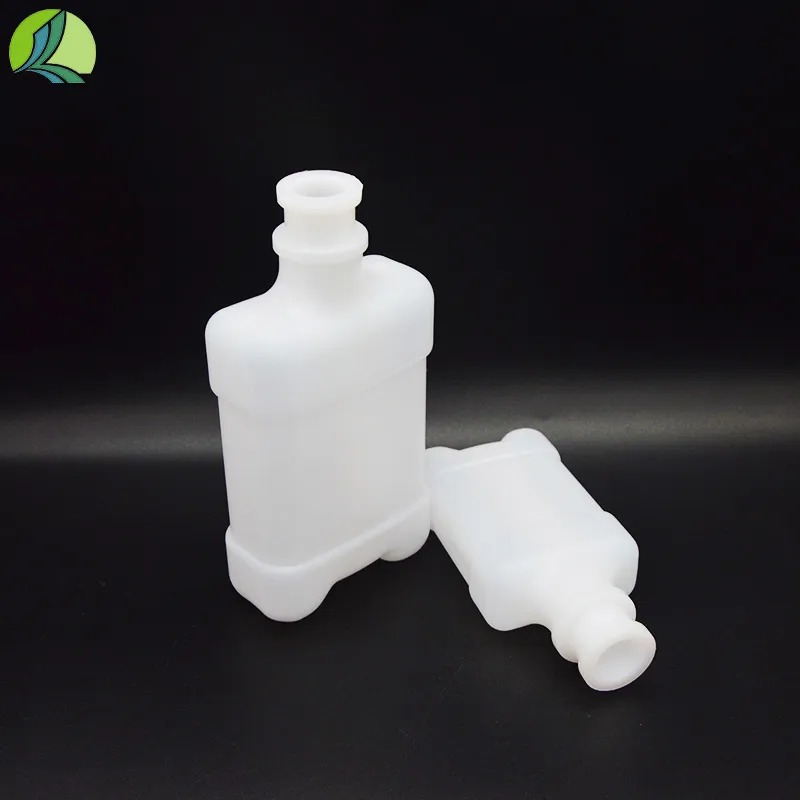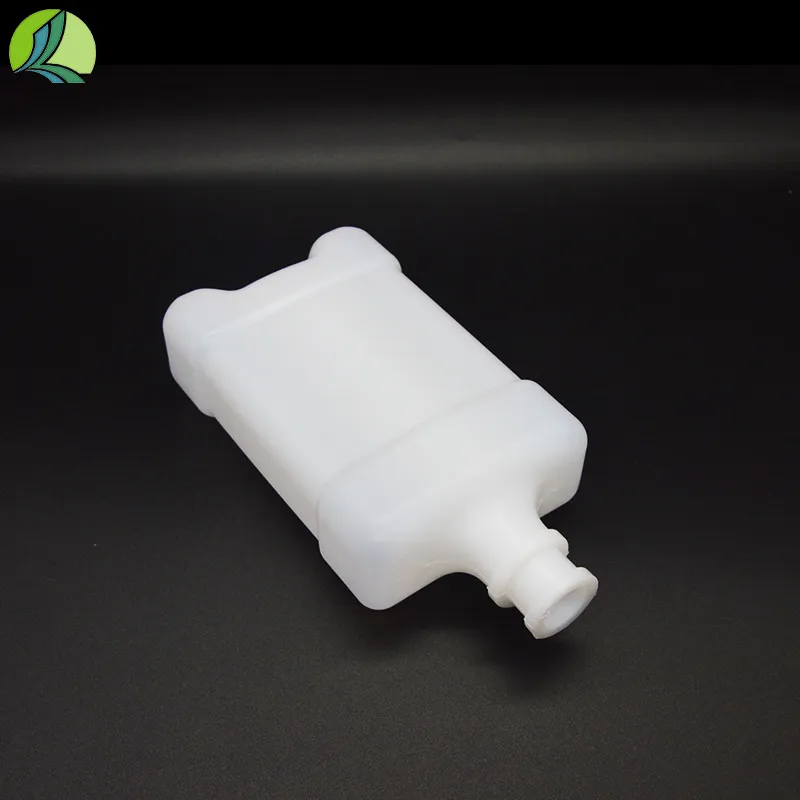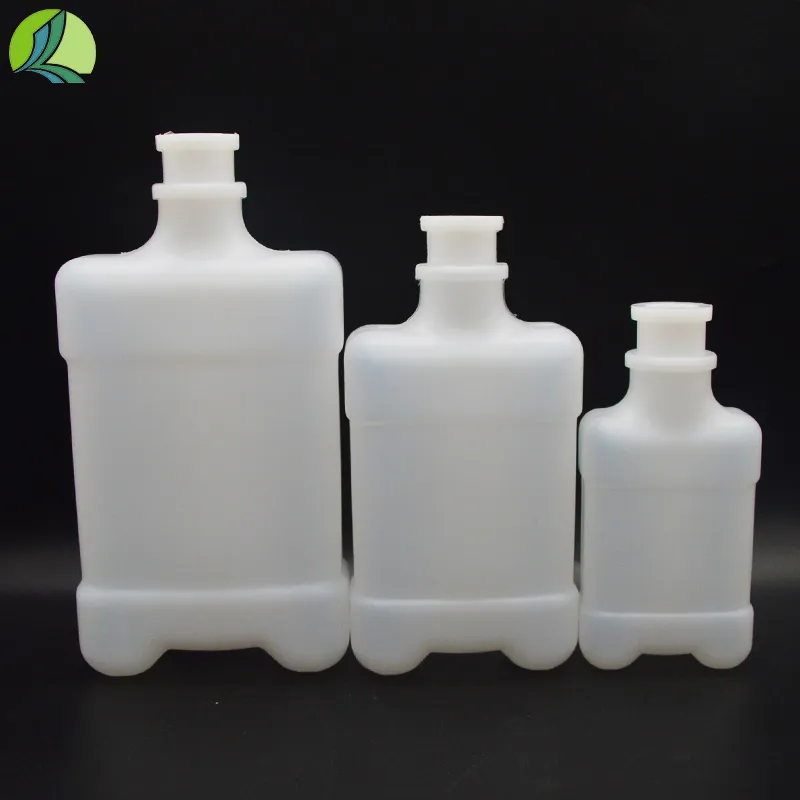
-
 Afrikaans
Afrikaans -
 Albanian
Albanian -
 Amharic
Amharic -
 Arabic
Arabic -
 Armenian
Armenian -
 Azerbaijani
Azerbaijani -
 Basque
Basque -
 Belarusian
Belarusian -
 Bengali
Bengali -
 Bosnian
Bosnian -
 Bulgarian
Bulgarian -
 Catalan
Catalan -
 Cebuano
Cebuano -
 Corsican
Corsican -
 Croatian
Croatian -
 Czech
Czech -
 Danish
Danish -
 Dutch
Dutch -
 English
English -
 Esperanto
Esperanto -
 Estonian
Estonian -
 Finnish
Finnish -
 French
French -
 Frisian
Frisian -
 Galician
Galician -
 Georgian
Georgian -
 German
German -
 Greek
Greek -
 Gujarati
Gujarati -
 Haitian Creole
Haitian Creole -
 hausa
hausa -
 hawaiian
hawaiian -
 Hebrew
Hebrew -
 Hindi
Hindi -
 Miao
Miao -
 Hungarian
Hungarian -
 Icelandic
Icelandic -
 igbo
igbo -
 Indonesian
Indonesian -
 irish
irish -
 Italian
Italian -
 Japanese
Japanese -
 Javanese
Javanese -
 Kannada
Kannada -
 kazakh
kazakh -
 Khmer
Khmer -
 Rwandese
Rwandese -
 Korean
Korean -
 Kurdish
Kurdish -
 Kyrgyz
Kyrgyz -
 Lao
Lao -
 Latin
Latin -
 Latvian
Latvian -
 Lithuanian
Lithuanian -
 Luxembourgish
Luxembourgish -
 Macedonian
Macedonian -
 Malgashi
Malgashi -
 Malay
Malay -
 Malayalam
Malayalam -
 Maltese
Maltese -
 Maori
Maori -
 Marathi
Marathi -
 Mongolian
Mongolian -
 Myanmar
Myanmar -
 Nepali
Nepali -
 Norwegian
Norwegian -
 Norwegian
Norwegian -
 Occitan
Occitan -
 Pashto
Pashto -
 Persian
Persian -
 Polish
Polish -
 Portuguese
Portuguese -
 Punjabi
Punjabi -
 Romanian
Romanian -
 Russian
Russian -
 Samoan
Samoan -
 Scottish Gaelic
Scottish Gaelic -
 Serbian
Serbian -
 Sesotho
Sesotho -
 Shona
Shona -
 Sindhi
Sindhi -
 Sinhala
Sinhala -
 Slovak
Slovak -
 Slovenian
Slovenian -
 Somali
Somali -
 Spanish
Spanish -
 Sundanese
Sundanese -
 Swahili
Swahili -
 Swedish
Swedish -
 Tagalog
Tagalog -
 Tajik
Tajik -
 Tamil
Tamil -
 Tatar
Tatar -
 Telugu
Telugu -
 Thai
Thai -
 Turkish
Turkish -
 Turkmen
Turkmen -
 Ukrainian
Ukrainian -
 Urdu
Urdu -
 Uighur
Uighur -
 Uzbek
Uzbek -
 Vietnamese
Vietnamese -
 Welsh
Welsh -
 Bantu
Bantu -
 Yiddish
Yiddish -
 Yoruba
Yoruba -
 Zulu
Zulu
Premium Leak-Proof Medicine Liquid Bottles - Safety Assured
With the acceleration of pharmaceutical R&D and the rising demands for safety, reliability, and process adaptability in drug packaging, medicine liquid bottle solutions are becoming increasingly pivotal for medical, biotech, and healthcare companies. In this comprehensive review, we focus on the cutting-edge Sterile Vaccine Vial Plastic Liquid Vial For Medical Purposes, evaluating its technology, material, compliance, and deployment scenarios. Simultaneously, we benchmark its performance against other leading products in the plastic drug vials segment, including plastic flip top vials and plastic medicine vials.

The global demand for medicine liquid bottle packaging is projected to witness a CAGR of 6.8% from 2023 to 2028 (Source: MarketsandMarkets). The driving factors include:
- Stringent safety and sterility regulations (e.g., FDA, ISO 15378 certification for primary pharmaceutical packaging)
- Rising adoption of plastic vials due to improved breakage resistance and lightweight transport benefits
- Evolving design needs—like flip top and tamper-evident closures—in vaccine, diagnostics, and point-of-care drug delivery
- Technological advances in plastic resin formulations (PP, PETG, COP, COC, etc.)
- Increased custom branding and serialization (track & trace)
| Model | Material | Volume (ml) | Neck Type | Sterility | Closure Type | Chemical Resistance | Compliance | Application |
|---|---|---|---|---|---|---|---|---|
| WK-Sterile-10ml | Medical PP | 10 | ISO 20mm | Gamma sterilized | Rubber stopper + Flip Off | IPA, saline, biologics | ISO 15378, FDA | Vaccines, injectables |
| Generic-FlipTop-20ml | PETG | 20 | Snap-fit | EO sterilized | Plastic flip-top | Water, mild acids | USP VI | Diagnostics, lab reagents |
| CUSTOM-PRO 5ml | COC | 5 | Screw cap | Not sterile | HDPE cap | Vaccines, solvents | ISO 10993 | Clinical trials |
The **Sterile Vaccine Vial Plastic Liquid Vial For Medical Purposes** outperforms industry averages in terms of sterility assurance, chemical resistance, and secondary closure robustness.
— Medical Grade Resin (PP, COP)
Molded to precise tolerance (±0.02mm)
Eliminate micro-particles, smooth surface
Rubber/Flip-Top system fitted in ISO clean room
Gamma/EO, 10-6 SAL validated
ISO/ANSI standards & automated imaging
Sterile, double-layer, trackable batches

- Polypropylene (PP), Cyclic Olefin Polymer (COP/COC): Outstanding chemical inertness, no endocrine disrupting leaching, and autoclavability. Tested per USP 661, ISO 10993.
- PETG: Used for plastic medicine vials in diagnostics (clarity, toughness, moderate chemical tolerance).
- Closure system: Gamma-sterilizable pharmaceutical-grade rubber, TPE stoppers, and HDPE/PP flip-off caps. Tested per ISO 8362.
- Sterility Assurance: Validated to 10-6 SAL, ISO 11137-1 compliant.
- Traceability: Each batch serialized per FDA CFR Title 21 Part 211.
| Parameter | Sterile Vaccine Vial Plastic Liquid Vial | Generic Plastic Drug Vial | Plastic Flip Top Vial | Glass Vial (Reference) |
|---|---|---|---|---|
| Material | Medical PP/COP, sourced EU/JP | PETG or LDPE | PET/HDPE | Borosilicate glass |
| Sterilization | Gamma (25 kGy) | EO | Not routinely sterile | Autoclave |
| Closure | Rubber stopper, ISO flip top | Snap flip-top | Screw/hinged cap | Aluminum crimp cap |
| Volume Range (ml) | 2–100 | 2–50 | 2–25 | 1–100 |
| Chemical Resistance | Excellent: pH 2–12 | Good: pH 4–9 | Moderate (pH 5–8) | Excellent (all) |
| Integrity on Drop Test (1.8m) | >99% pass | 90% pass | 95% pass | 55% pass |
| Recyclability | Yes, #5 | Partial (#1, #4) | Yes | No (limited) |
| Certification | ISO 15378, FDA | USP VI | None/few | EP/FDA |
| Cost Index | Low to Medium | Low | Low | High |

Background: The client required 50 million sterile, break-proof plastic vials for COVID-19 mRNA vaccine fill-finish.
Solution: Custom **medicine liquid bottle** (COP) with ISO flip-top, lot-level serialization, and gamma sterilization validated per FDA 2023 guidance.
Results: Zero recall incidents, 30% reduction in logistic breakage vs. traditional glass vials. Project delivered in 21 days including batch sterility testing.
Client feedback: “Excellent sealing, outstanding sterility, and full traceability. Faster global deployment.”
Case 2: Asian Diagnostic Solution Provider
Scope: 5 million plastic flip top vials for immunodiagnostic reagent kits.
Requirements: High-clarity, low protein-binding, EO-sterilized PP vials with integrated flip closure.
Benefits: Improved lab process throughput, ensured reagent integrity on export shipments, 18-month shelf-life.
| Manufacturer | Key Product | Material | Certification | Global Presence | Notable Clients |
|---|---|---|---|---|---|
| WkPacking | medicine liquid bottle | PP, COP | ISO 15378, FDA | Asia/Europe/USA | Vaccine majors, CDCs |
| Gerresheimer | Gx Plastic Vials | COC/PETG | ISO, EP, USP | Global | Leading pharma, diagnostics |
| Schott | TopPac Polymer Vial | COC | ISO 8362, FDA | Global | Multinational pharma |
| Origin Pharma | Plastic Drug Vials Line | PET, HDPE | ISO 13485 | EU/UK/US | Biotech, clinics |
| SGD Pharma | Plastic Medicine Vials | PP | ISO, FDA, DMF | EMEA/Asia | Generic pharma |
- Volume: 2ml–100ml; optional neck sizes (ISO, DIN, custom)
- Material: Polypropylene (PP), COP/COC (for enhanced biocompatibility), PETG/HDPE for diagnostics
- Closure: ISO rubber stopper (latex-free, low extractables), flip-off aluminum or PP, snap or screw cap system
- Sterility: Gamma, EO, or cleanroom-manufactured non-sterile for direct fill lines
- Printing: Customized serialization, barcoding, color coding
- Packaging: Bulk, tray, single-pack with validated sterility barrier
- Regulatory: CoA, DMF, ISO docs supplied with each batch
- Support: Onsite tech onboarding, rapid prototyping (7 days for mold/tool), documentation for FDA/EMA filings
| Property | Typical Value |
|---|---|
| Material | Medical Polypropylene (PP), Option: COP |
| Working Temperature | -40°C to +125°C |
| Chemical Resistance | Stable to saline, acids, biological agents |
| Surface Finish | Ra < 0.1 μm, non-cytotoxic, hydrophobic as required |
| Sterilization Validation | Gamma, EO, per ISO 11137 (SAL 10-6) |
| Batch Traceability | Alpha-numeric code (machine readable), per FDA 21 CFR |
| Closure Integrity | No leakage under 200kPa (ISO test) |
| Shelf-Life | Up to 36 months post sterilization |
| Certification | ISO 15378, FDA DMF |
- Standard Delivery Cycle: 14–21 calendar days (from PO to shipment), expedited options for emergency public health orders.
- Warranty: 18-month performance guarantee against closure/sterility failure, full replacement or refund policy per test datasheet.
- Technical Support: 24/7 expert assistance (validation, clean room process, regulatory submission).
- Global warehousing (Asia/EU/US), DDP shipping available.
As vaccine, monoclonal antibody, and high-value injectable markets further expand, medicine liquid bottle technology is evolving toward smart packaging (e.g., RFID, embedded temperature monitors), eco-friendly resins, and more stringent global standards. Sterile plastic vials—when certified and professionally manufactured—consistently outperform traditional glass in safety, efficiency, and logistics. Selecting a high-quality supplier with comprehensive regulatory accreditation and robust data transparency is the key to optimizing pharma fill-finish lines.
[1] MarketsandMarkets: Pharmaceutical Packaging Trends 2024
[2] Pharmaceutical Technology: Primary Packaging for Biopharma
[3] Pharma.com Forum - Vial & Bottle Packaging Technical Discussions
[4] ISO 15378:2017 – Primary Packaging Materials for Medicinal Products
[5] FDA Drug Master Files Guidance
-
Brown Plastic Vaccine Vials for Vet Labs | Premium QualityNewsAug.05,2025
-
500ml White Plastic PP Veterinary Vaccine Bottle | Animal LabNewsAug.03,2025
-
28 Mouthfuls White Plastic Vaccine Vials 100ml/25ml Lab & VetNewsAug.02,2025
-
250ml Blue Translucent Medical Plastic Vaccine VialsNewsAug.01,2025
-
White 250ml Clear Plastic Vaccine Vial | Lab & Vet UseNewsAug.01,2025






















